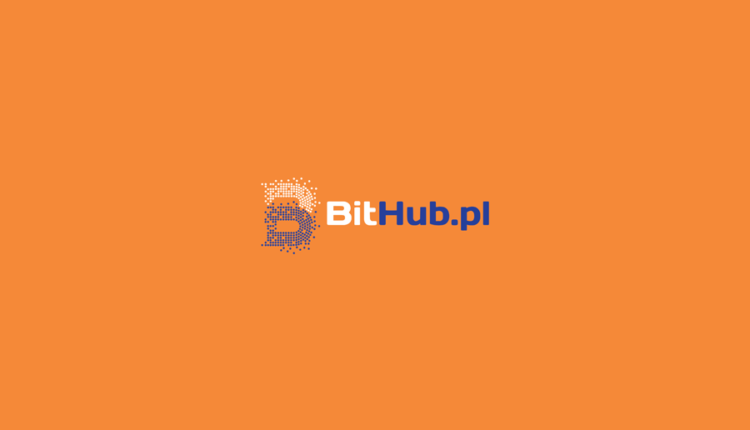
#SundayInterview. In love with Bitcoin. We talk to Adam Leonard from BlockEx
When I first learned about Bitcoin I loved everything about it – says Adam Leonard, CEO at BlockEx.com, digital asset creation, issuance and trading platform. We talk about the past, present and future of cryptocurrencies, issuing digital assets and whether there’s a hidden hand in the crypto market.
You discovered cryptocurrencies in 2011. Was it a brainwave or did your fascination evolve? What is it about cryptocurrencies that you’ve found so appealing?
Adam Leonard: It was early 2011 and a friend of mine suggested I take the time to learn about Bitcoin. I loved everything about it, mining Bitcoin back then was great I would come home from work and basically have free money. Now if I only kept all them! I loved the fact I could buy things online without using my credit card, even back then using your credit card online was risky even more so now. Back 2011 you could see a future of faster payments, more secure online payments but I did not really understand blockchain it wasn’t until 2013 when I really started to see how incredible a DLT could be and start get excited about its potential change the way the world transacts, tracks ownership and services assets.
Can you tell us more about your tool Digital Asset Creation Tool (DACT)? How does it work and who’s your target group?
AL: Tool is essentially wizard that helps issuers of financial assets „originate” products. The first use case is bonds which is in production right now and will be followed up with ICOs in a couple of weeks. Basically its series of tools that when used together creates smart contracts, legal documents that together create a financial asset. We are able to onboard new asset classes relevantly quickly now that all the infrastructure is in place. so over the course of the year we will be adding in syndicated, bi lateral loans as well as trade finance. For the digital asset creation tool we are targeting established SME’s looking to raise financing through the debt market as well as start ups looking to issue ICO’s.
Blockchain is a new thing and not well understood yet. At present the biggest interest comes from the finance sector but who will follow? Who, apart from fin-tech companies, can be interested in services like digital asset creation and issuance and what’s the use in such technologies for companies from non-financial sectors?
AL: We always try to explain that most users of the internet do not actually understand how the internet actually works or how a database actually works. Its not necessary for every person to become an expert in cryptography or mesh-networking, or even what is a blockchain. All the end user needs to understand at least in our case is, what is the end result. We provide a company the ability to access the debt market in a cheaper, faster more secure way.
How does blockchain change the world of fintech and trading? Is it a revolution or rather evolution? What impact will it have on the 'traditional’ stock exchange
AL: In terms of fintech its is a revolution, in terms of trading there is not much of evolution right now at all. Maybe in a few years we will see decentralised HFT trading platforms but right now in terms of pure trading technology not much has changed. The assets of course have and that could be considered a revolution.
Do you think there’s a hidden hand in the crypto world? From time to time we hear about players with supposedly unlimited credit, pumping the market to enormous values and so on. What’s your stance here and how can this – whether a gossip or a fact – affect the adoption of cryptocurrencies?
AL: Gossip is fun chatter after a few beers, but its not something I think affects adoption or people take all that seriously. The fact despite all the hype the market or market places are still not really mature yet, and the prices can be easily pushed around by a lot of legitimate firms and people. You do not have to be a nation state or illuminate lizard man to move these markets. Any small hedge fund, somewhat wealthy individual could do.
Interviewed by Przemyslaw Cwik

